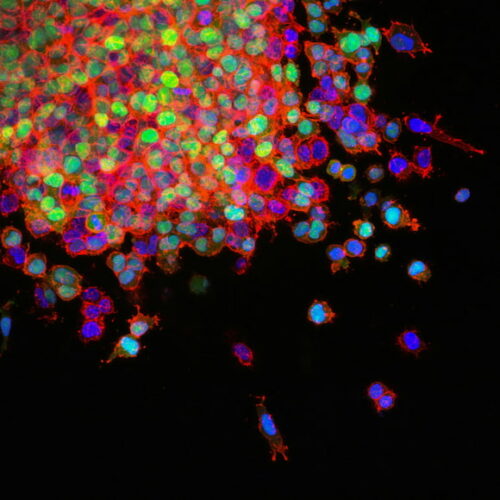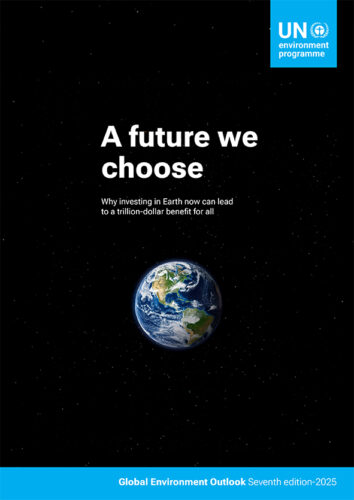
Chemical Pollution Collaboration and Partnerships
A Practitioner Checklist to Start Participatory Environmental Monitoring in Mining Contexts
• Guides & Frameworks
Explore Planetary Health
Browse or search our curated collection of research articles, tools, videos, and other Planetary Health resources. Featuring approximately 2,000 research articles and additional tools spanning a variety of thematic areas, our library has information on Planetary Health for every audience — whether you’re exploring the field for the first time, an educator hoping to engage Planetary Health in your classroom, a seasoned scientific researcher, or someone looking to making a difference in your community and in the world. New resources are added every month.
Contact us to suggest items to add to our library and sign up for our newsletter to receive updates on the latest additions.
All Resources
Chemical Pollution Collaboration and Partnerships
• Guides & Frameworks
Climate Change Health and Care Systems
• Research & Reports
Noncommunicable Diseases Air Pollution
• News
Resource Scarcity Waste Management
• Research & Reports
Climate Change Health and Care Systems
• Research & Reports




